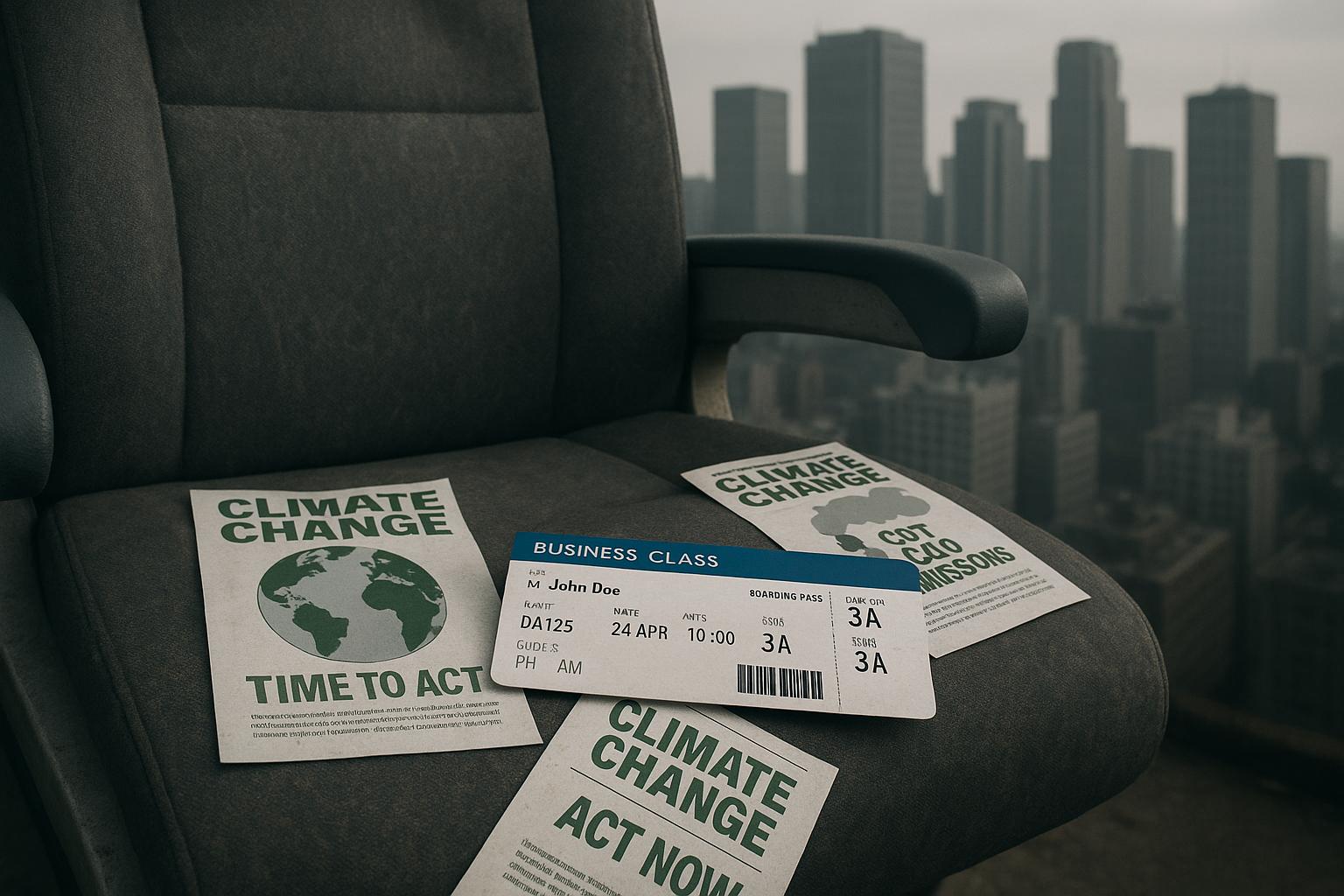London Mayor Sadiq Khan has come under intense scrutiny after it emerged that he flew nearly 28,000 miles around the world in the past year alone, despite his vocal campaign urging Londoners to cut their emissions and combat climate change. Over the last 12 months, Khan has made multiple international trips, including visits to Poland, Nigeria, Ghana, South Africa, France, and a highly criticised 12,000-mile round trip to Rio de Janeiro for the C40 World Mayors Summit, a major global climate conference.
This extensive travel has drawn sharp criticism from political opponents. Conservative London Assembly member Neil Garratt mocked the mayor’s frequent flights, commenting that Khan appeared to be tackling climate change "one business class long-haul flight at a time." Similarly, Conservative London leader Susan Hall condemned the expenses involved and suggested Khan should "stay at home and fix the problems here," particularly as London is currently projected to miss its ambitious target of reaching net zero carbon emissions by 2030.
Detailed figures obtained via a Freedom of Information request reveal the hefty costs and significant environmental impact of these trips. Khan’s July visit to Africa, involving stops in Nigeria, Ghana, and South Africa, cost the taxpayer £84,000, with the bulk spent on business class and premium economy flights. The journey alone produced almost 260 tonnes of carbon emissions—over 22 times the average annual carbon footprint of a UK family. These figures add to growing concerns over the contradictions inherent in Khan’s approach: advocating for emission reductions while accruing a carbon footprint far exceeding the average citizen’s.
Khan’s international engagements are not limited to climate events. Earlier this year, he travelled to Krakow to commemorate the 80th anniversary of the liberation of Auschwitz-Birkenau, a visit tied to a previous £300,000 donation from City Hall towards the preservation of the historical site. He has also attended Europe’s largest property conference in Cannes and the 10th anniversary of the Paris Agreement in Paris, underlining his role as a global city ambassador and trade promoter.
At the Rio summit, Khan took a combative stance against prominent climate change deniers, singling out former US President Donald Trump as a "climate wrecker" who dismissed the climate crisis as a scam. His speech underscored the significance of city-level leadership in driving climate action, contrasting it with perceived inaction by national governments. Khan also used the platform to highlight his flagship Ultra Low Emission Zone (ULEZ) policy in London, which he claims has brought substantial environmental benefits. Plans to increase the installation of solar panels on schools across the city were also announced.
Despite Khan’s vocal opposition to airport expansion—he has repeatedly stated his resistance to a new runway at Heathrow Airport due to its negative impact on noise, air pollution, and climate targets—his own travel has accrued criticism. Data assembled by multiple sources indicate that since becoming mayor in 2016, Khan has accumulated over 473,000 miles of travel across more than 20 foreign trips, emitting significant quantities of carbon dioxide.
These facts have sparked debate about the balance between the importance of international climate diplomacy and the environmental costs of frequent air travel by political leaders. The mayor's office defends the trips as necessary for promoting London's economic growth, trade, investment, and cultural links globally. A spokesperson described Khan’s African mission as historic, noting he was the first London mayor to lead a trade mission to the continent, emphasising the importance of "banging the drum for London" on the world stage.
Adding nuance to the discourse, Khan’s recently appointed deputy mayor for environment and energy, Mete Coban, has also faced questions over his own travel record. Coban flew approximately 40,000 miles in two years before taking office and has pledged to reduce air travel moving forward, reflecting a broader challenge in reconciling environmental commitments with the demands of global leadership.
Khan’s extensive travel schedule—including a 12,000-mile round trip to Brazil only days before the UN COP30 conference in Belem—means he will miss important local events, such as London’s iconic Oxford Street Christmas lights switch-on. Meanwhile, pressure mounts from within his own party and the London Assembly for more urgent and effective green policies to meet the capital’s net zero ambitions.
The upcoming COP30 conference will be an important test of international climate commitments, with Prime Minister Sir Keir Starmer expected to attend. Khan’s role as co-chair of the C40 network of nearly 100 cities places him at the centre of urban climate leadership globally, but his record illustrates the complex tension between local responsibility and international advocacy in the fight against climate change.
📌 Reference Map:
- [1] (Daily Mail) - Paragraphs 1, 2, 3, 4, 6, 7, 9, 10, 11, 12
- [2] (Evening Standard) - Paragraphs 1, 5, 8
- [3] (GB News) - Paragraphs 4, 9
- [4] (Evening Standard) - Paragraph 11
- [5] (Evening Standard) - Paragraphs 5, 6
- [6] (New Daily Prime) - Paragraph 4
- [7] (Wikipedia) - Paragraph 10
Source: Noah Wire Services
